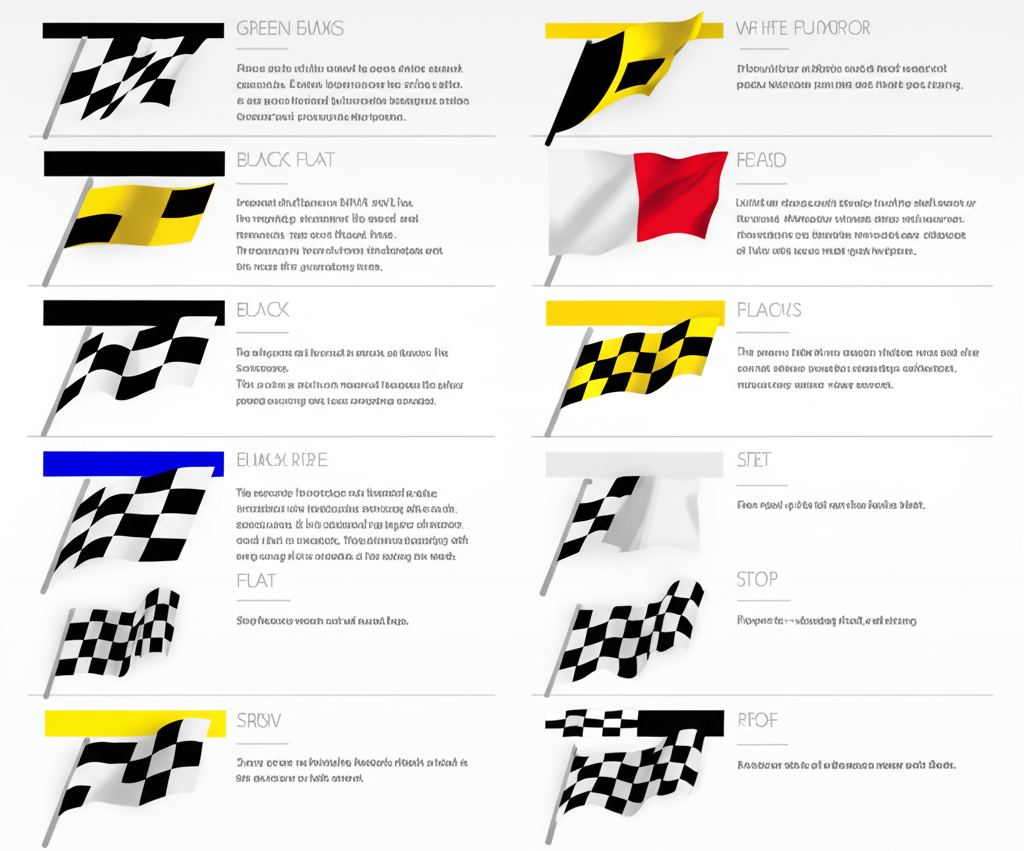
F1 Rules & Scoring: Know the Game, Love the Drama
Understanding how Formula 1 works makes watching it so much more exciting
Watching F1 is way more fun when you know what's going on — and no, you don't need to be an engineer to follow the action.
How Do Drivers Win?
Each race, drivers earn points based on where they finish:
- 🥇 1st: 25 points
- 🥈 2nd: 18 points
- 🥉 3rd: 15 points
...down to 10th place (1 point). There's also 1 bonus point for the fastest lap — if you finish in the top 10.

The Championships
There are two titles up for grabs:
- Drivers' Championship: Goes to the best individual driver.
- Constructors' Championship: Goes to the team with the most combined points. (Yes, team performance does matter.)
Race Formats
Standard races happen on Sundays, but some weekends include a Sprint — a shorter race on Saturday that adds extra points and reshuffles the grid. Think of it like a fashion pre-show that can totally shake up the main event.
Penalties & Drama
Track limits, unsafe releases, and collisions can all earn drivers time penalties or even grid drops. It's not just about speed — it's about precision, discipline, and (sometimes) a bit of chaos.
DNF = Did Not Finish
Crashes, engine failure, or even tire trouble can lead to a DNF — no points, no finish, just heartbreak. And sometimes, surprise wins.
So the next time someone asks if F1 is just about cars going in circles, you can smile — and explain that it's a high-stakes, high-style, rule-packed chess match… at 200 mph.
